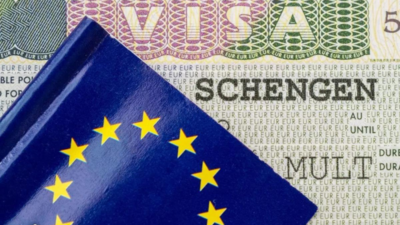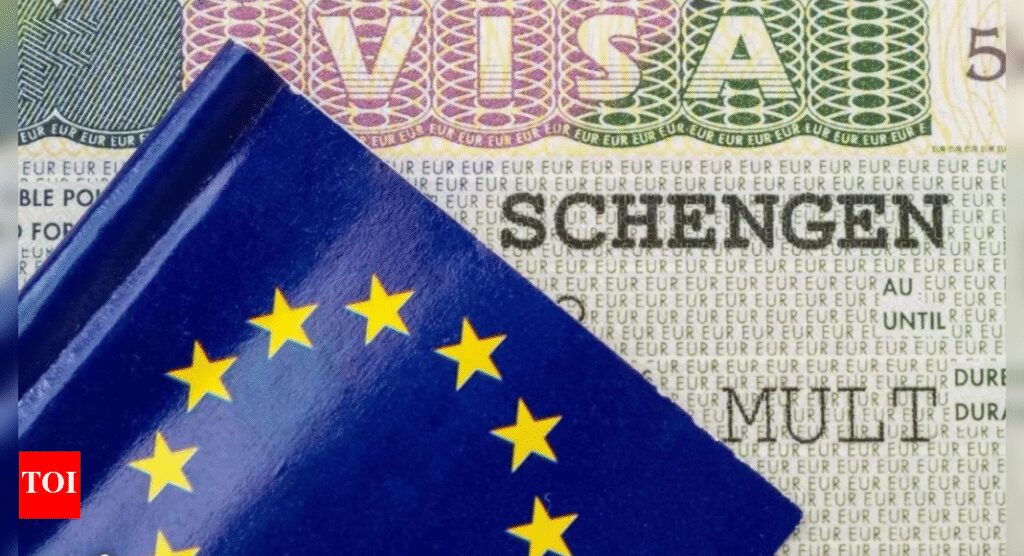
With peak travel season under way, immigration experts are cautioning those holding Schengen visa—which permits short-term stays in 29 European countries—to double-check their documents before departure, warning that even small errors could lead to boarding refusals or denial of entry at borders.
What is a Schengen visa ?
A Schengen visa is a short-term entry permit for non-EU nationals to visit countries in the Schengen area for up to 90 days within a 180-day period. It is meant for temporary stays such as tourism, business, or visiting family and friends, according to the European Commission website. There are three main types:
- Single-entry visa – lets you enter the Schengen area once.
- Multiple-entry visa – allows repeated visits while the visa is valid.
- Airport transit visa – permits you to pass through the international transit area of a Schengen airport during a layover but not leave the airport.
The visa does not grant the right to work in the Schengen area and must be used within its validity dates.
What to check on your visa
According to Economic Times, there certain key elements that one needs to double check if they have a Schengen visa
- Name: Ensure it matches your
passport exactly. Even minor spelling errors or changes in name order can raise red flags with immigration officials. - Passport number: This must correspond precisely to the passport you will travel with- particularly important if you’ve renewed your passport or hold more than one.
- Validity dates: You can only enter and exit the Schengen area within the specified dates. Early entry or overstaying can have serious consequences.
- Number of entries: Check if your visa is single, double, or multiple entry. Single-entry visas prohibit re-entry once you leave the Schengen zone.
- Duration of stay: Short-stay visas generally allow up to 90 days in a 180-day period. Exceeding this could result in fines or future travel bans.
- Type of visa: The visa category should match your stated purpose—tourism, business, studies, or transit. Using it for another purpose could lead to entry denial.
What to do in case of error?
If there are discrepancies- whether in spelling, passport details, dates, or category—contact the issuing embassy or consulate immediately. Travelling with incorrect information could lead to legal trouble or refused entry.Travel tip: Keep visa and passport together at all times. Border authorities will verify both documents and any mismatch could delay or block your entry.











